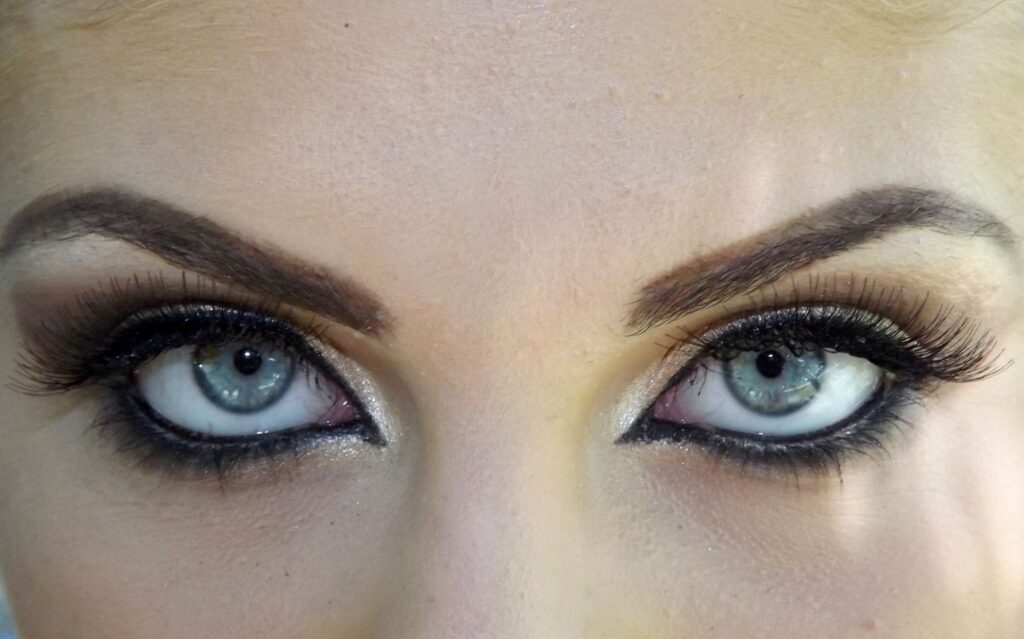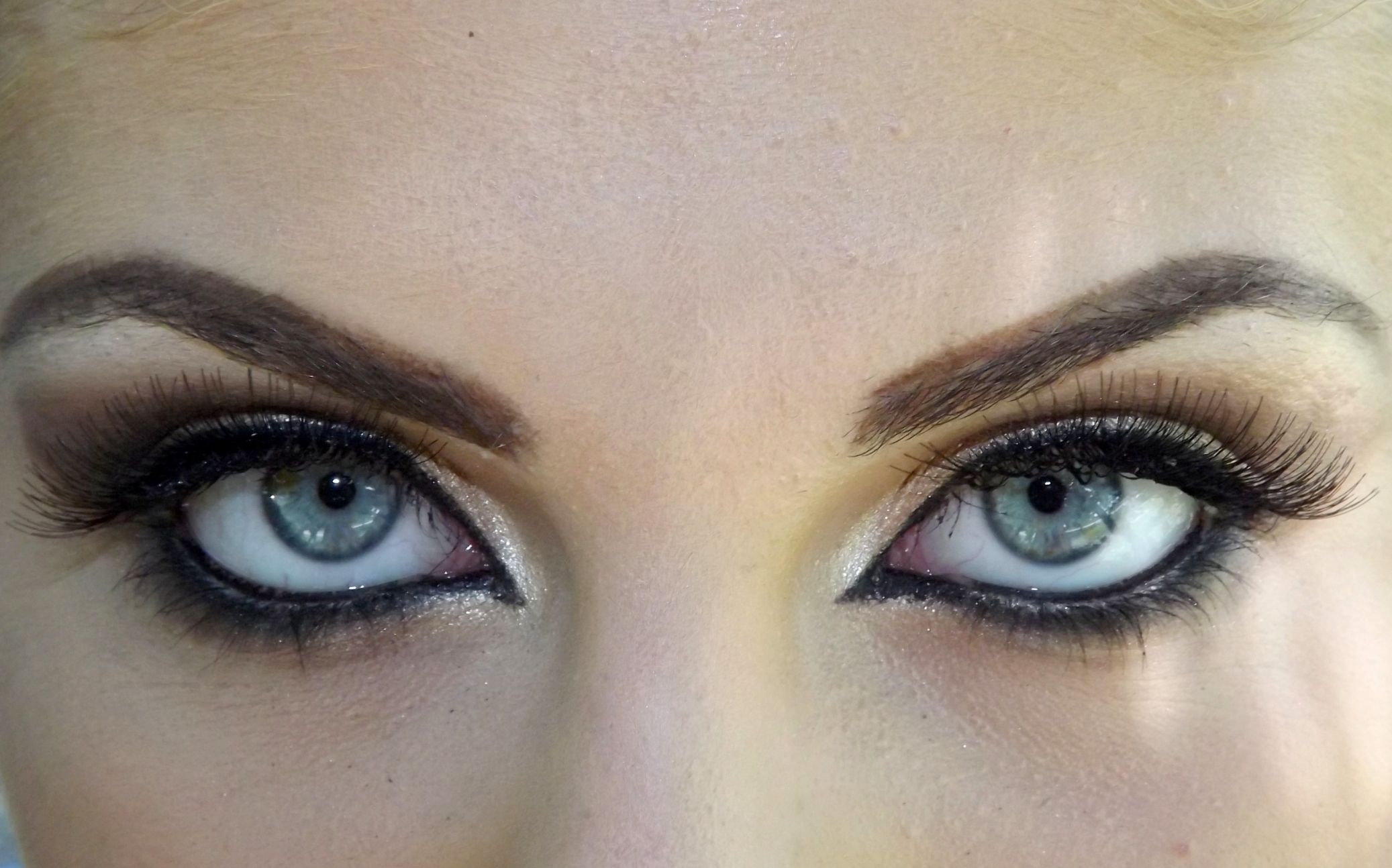Many women ask questions about the causes of eyelash loss, why they fall significantly and how can I stop the loss? There are reasons, if you avoid them, you will immediately notice that your eyelashes will no longer fall out. Who among us doesn’t like to have long, thick lashes? Lashes help improve the appearance of our eyes, face and overall beauty. Having defined, long eyebrows and thick lashes is one of the dominant signs of beauty, yet lash hair loss has become a common problem that many people suffer from. There can be many reasons for eyelash hair loss, and while some of these reasons may be temporary, others may be permanent, and some of the common reasons for eyelash hair loss may be due to hair removal, a change in the metabolic process, pressure, or medical cases of loss. Natural hair such as alopecia areata and others. However, despite this, with proper treatment, eyelash hair loss can be stopped and pushed back. Through this article, we will discover the causes of eyelash loss.

Causes of eyelash loss:
Eyelashes have a natural growth cycle, just like hair, lashes fall out and grow back again, and if lashes fall out of the eye when a new lash appears, or if an eyelash falls out from time to time on the cheek or in the headgear or in the towel, there is nothing to worry about. If you start noticing hair loss from old lashes faster than when new lashes grow, there may be a problem. Determining the cause of eyelash loss is one of the first steps in treating this problem.
1- Use of mascara and eyelash loss:
The condition in which lashes fall out is known as tartar, and many studies have shown that many women have lost lashes due to intensive use of mascara or the use of poor quality eye cosmetics. Waterproof mascara, in particular, has been found to be the main cause of eyelash loss. In some cases, some women may suffer an allergic reaction due to the use of mascara, causing eyelashes to fall out. On the other hand, trying to remove waterproof mascara from the eye also leads to the loss of some eyelashes with the mascara.
Mascara is composed of several chemicals that can cause an allergic reaction and thus the loss of eyelashes.
In addition, if you are allergic to airborne allergens such as dust, dust mites, pet dander, etc., it is recommended that you avoid applying mascara.
Mascara can also cause conjunctivitis and dermatitis.
And if you suffer from sensitive skin, you should also avoid applying mascara, even if you don’t suffer from any allergies, you should be careful to wash your eyes and face thoroughly but gently when applying any type of eye makeup or mascara.
2- Loss of lashes due to pressure:
You may not be able to lengthen your lashes and suffer from lash loss due to pressure. You may experience eyelash hair loss when pressure levels are higher than usual. The feeling of stress has a negative effect on our body, causing a change in the metabolic process, and levels of the hormone cortisol also begin to fluctuate, which is the hormone responsible for controlling the anger reaction. These changes affect the general functioning of your body. And these fluctuations resulting from high pressure levels can lead to hair loss, not only the hair on the scalp, but also the eyelashes and eyebrows.
3- Trichotillomania syndrome causes you to suffer from eyelash loss:
Trichotillomania is related to a psychological condition and is known as an impulse control disorder. In this case, the patient removes the hair, and while most patients with trichotillomania syndrome pull the hair out of their head, there are people who remove hair from their eyelashes and eyebrows.
Patients with Hair Removal Syndrome remove all their hair from its roots and sometimes remove large blocks of hair at a time.
Often, this condition begins in childhood, or adolescence, and can also coincide with the onset of puberty.
While the vast majority of patients stop waxing through psychotherapy, in some cases this condition can persist until maturity.
4- Thyroid gland and eyelash loss:
An increase in thyroid gland activity or even a decrease in thyroid gland activity can lead to the loss of eyelashes. In the case of an overactive thyroid gland, hair falls out and leaves pollen stains on the head, eyebrows and eyelashes. An overactive thyroid gland causes an inability to tolerate heat, weight loss, swelling in the lower neck, headaches and difficulty sleeping. On the other hand, an underactive thyroid gland causes eyelashes and eyebrows to become thin, like hair, lighter and drier. An underactive thyroid gland causes symptoms such as dry skin, and the individual becomes more prone to colds, constipation and weight gain.
5- Eyelash loss and alopecia:
Alopecia areata is an immune disorder that causes hair loss and in this condition, the body’s immune cells attack the hair follicles, causing hair loss. This can lead to hair loss all over the body or in one area, such as the scalp, eyelashes or eyebrows. To date, there is no known treatment to permanently get rid of this condition, and you can treat its symptoms, and topical treatments are prescribed as the best treatment for eyelash loss caused by alopecia.
6- Take medication and lose your eyelashes:
There are certain medications that cause eyelash hair loss, so it is recommended that you do not take medication without first consulting a doctor to find out.
